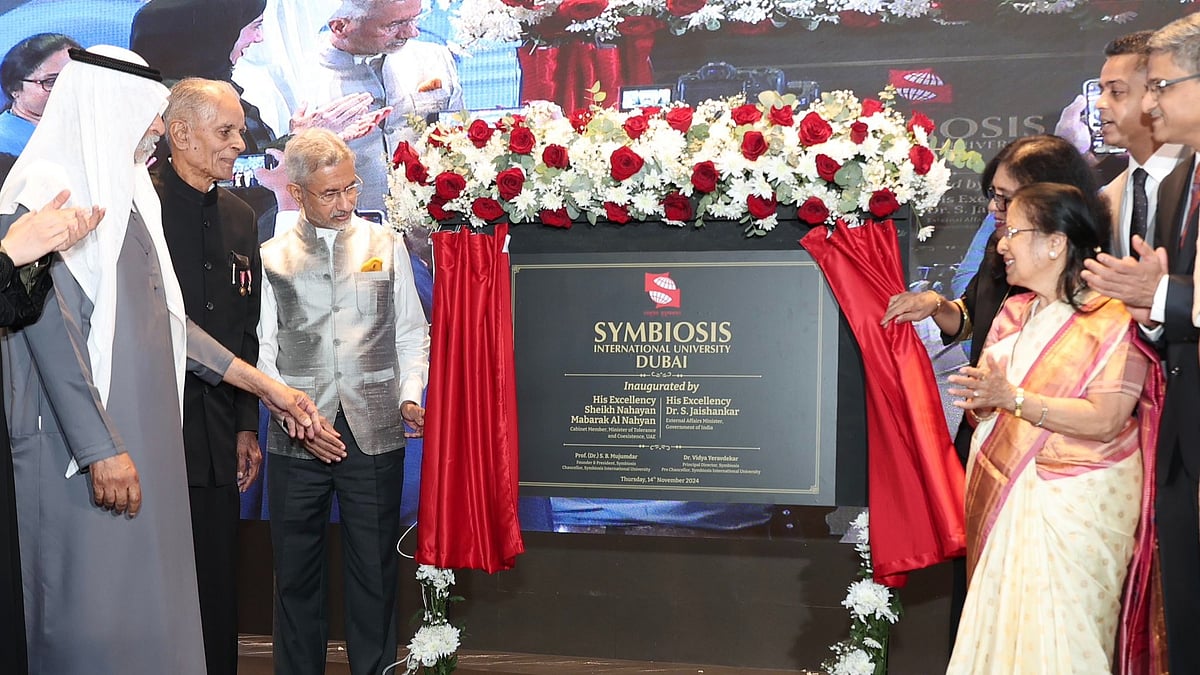The Union Cabinet gave a green signal to ISRO's many space activities on September 18, that include the plan for the Venus orbiter mission, the development of an Indian space station, the next-generation launch vehicle development, and Chandrayaan-4, the next phase following Chandrayaan-3's successful lander and rover landing on the Moon.
What Is The New Update With Chandrayaan-4?
Chandrayaan-4, a moon mission by ISRO, aims to test technologies for returning to Earth after a successful moon landing and to collect lunar samples for analysis. The mission, expected to be completed in 36 months, will cost ₹2,104.06 crore. It will make India self-sufficient in technology for manned missions and lunar sample analysis, with involvement from Indian industries and academic institutions.
After Moon, Sun And Mars, India To Chase Venus
The Venus Orbiter Mission (VOM) will explore Venus's atmosphere and geology, collecting scientific data by investigating its thick atmosphere. It aims to study the planet's surface, subsurface, atmospheric processes, and the Sun's influence on its atmosphere. Venus, once thought to be habitable, is important for research. ISRO will oversee the spacecraft's development and launch, with a budget of ₹1,236 crore, including ₹824 crore for the spacecraft. Launch is set for March 2028.
India To Launch Its Own Space Station By 2028
The Cabinet approved the development of India's own space station, Bharatiya Antariksh Station (BAS), for scientific research. The first module, BAS-1, will be developed along with missions to validate technologies for building and operating BAS. The Gaganyaan programme will be updated to incorporate these new developments, aiming to complete eight missions by December 2028. The revised programme, with enhanced funding of ₹20,193 crore, plans for human spaceflight to Low Earth Orbit (LEO) and future Indian space exploration, including a crewed lunar mission by 2040 and operationalising BAS by 2035.
India To Develop Reusuable Launch Vehicle
The government has approved the development of a next-generation launch vehicle with three times the payload capacity of LVM3, at 1.5 times the cost. The Next Generation Launch Vehicle (NGLV) is designed to carry up to 30 tonnes to Low Earth Orbit (LEO). India's existing launch vehicles can currently launch satellites up to 10 tonnes to LEO and 4 tonnes to Geo-Synchronous Transfer Orbit (GTO). The NGLV project has a total approved budget of Rs. 8240 crore and aims to complete development in 8 years.











